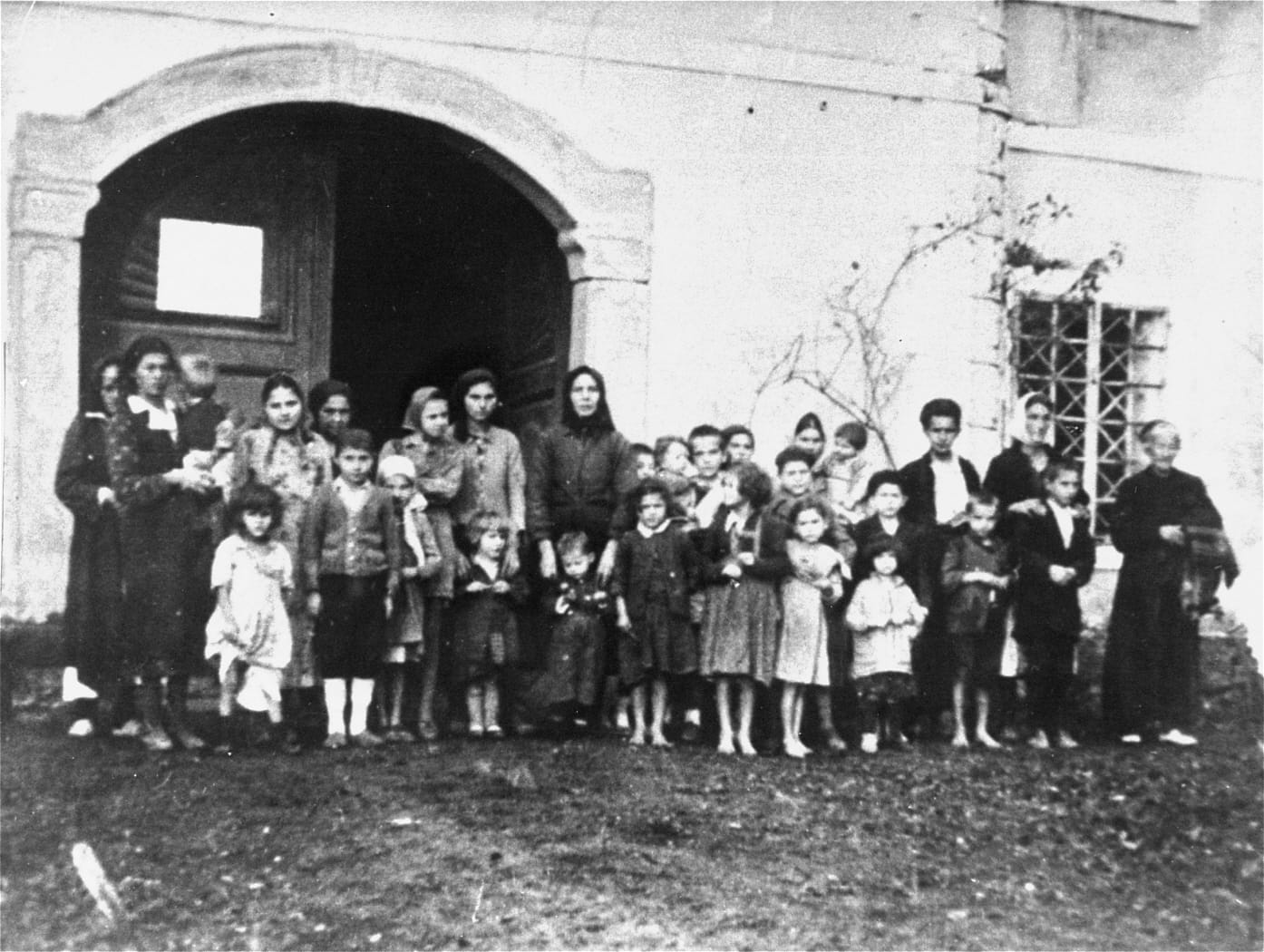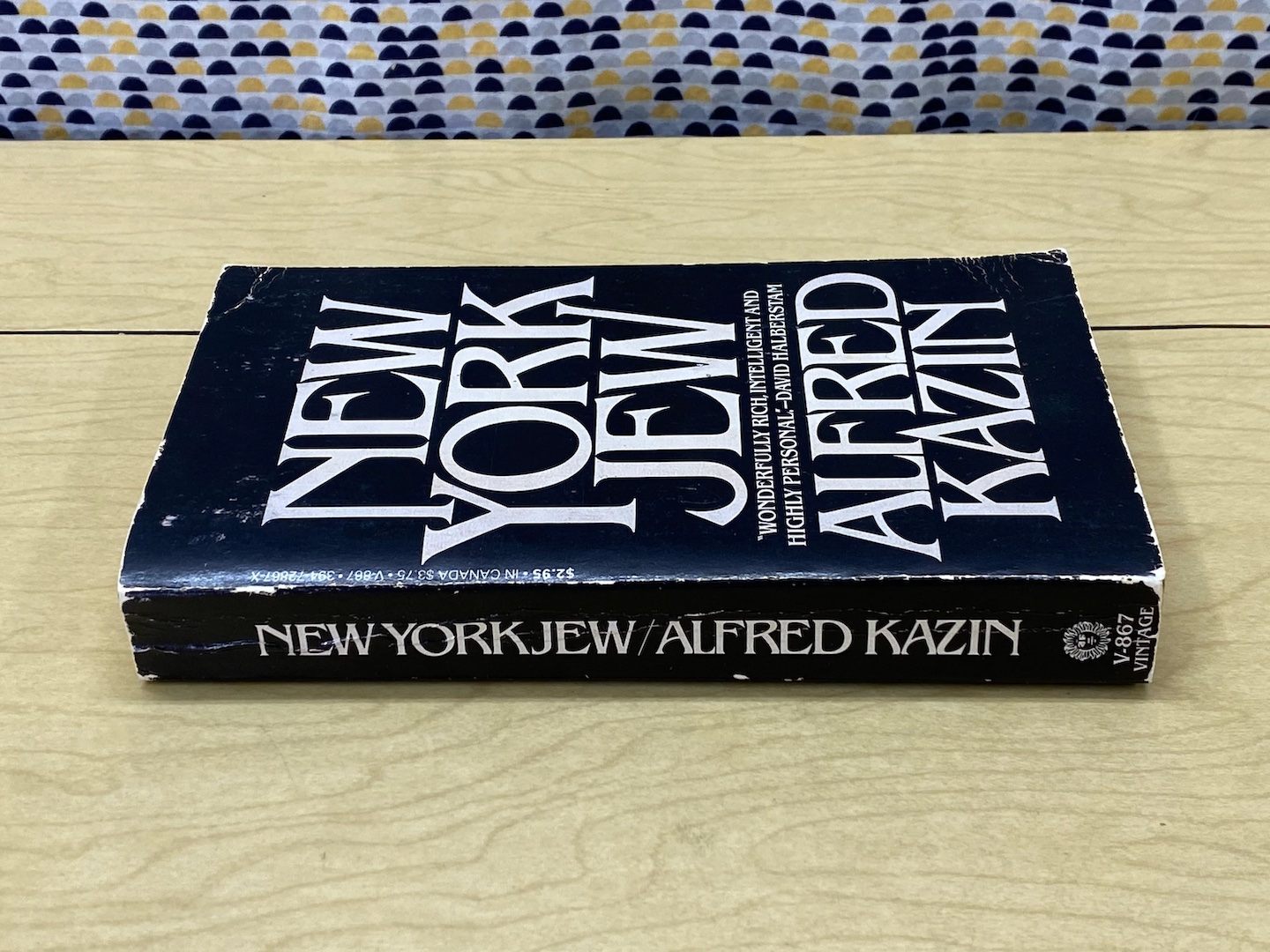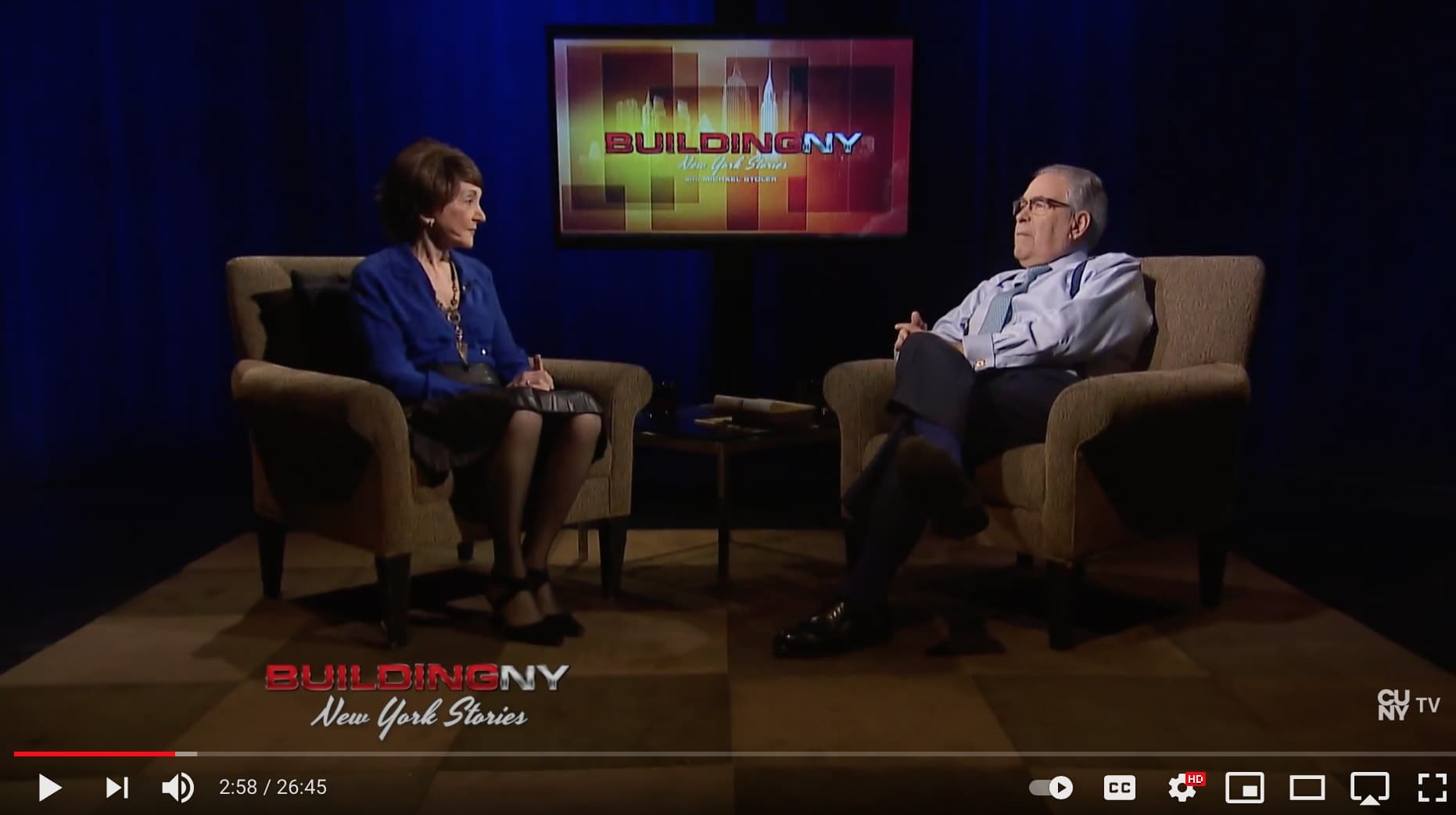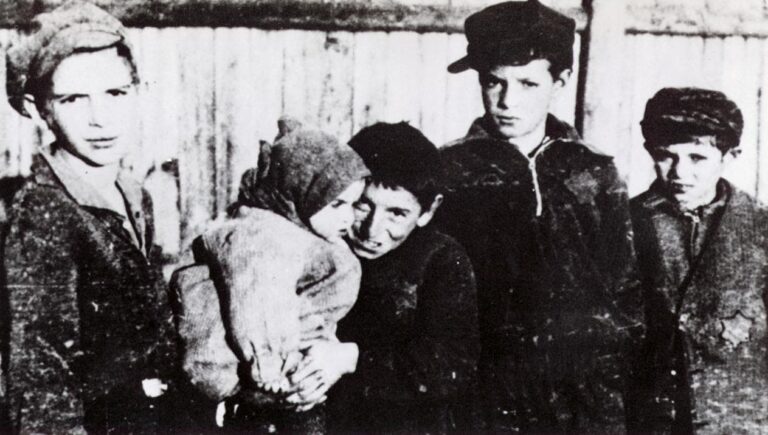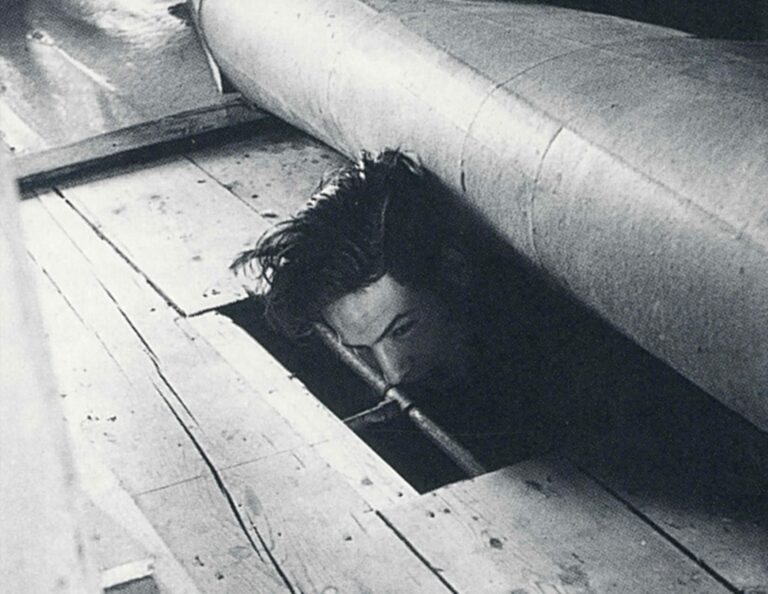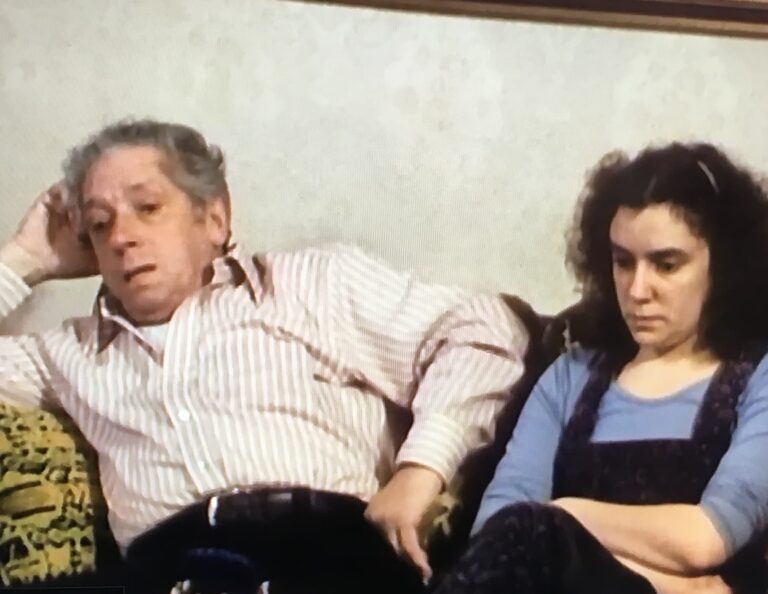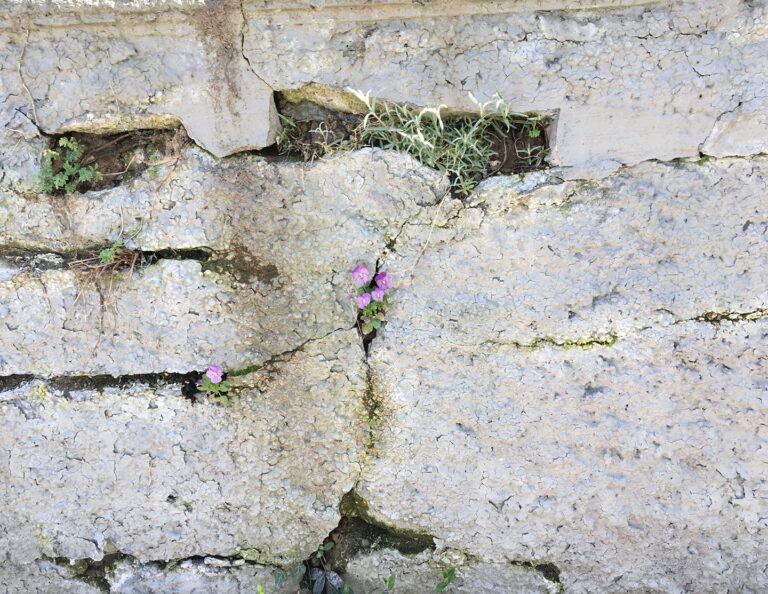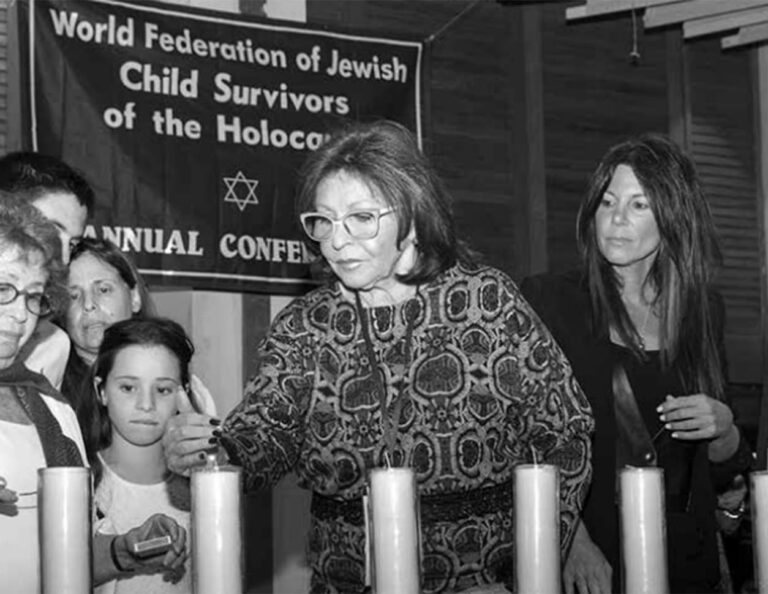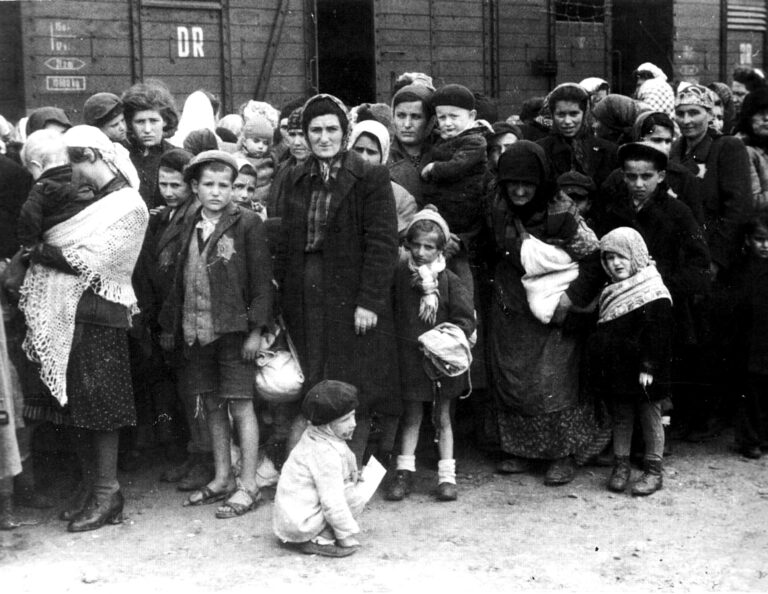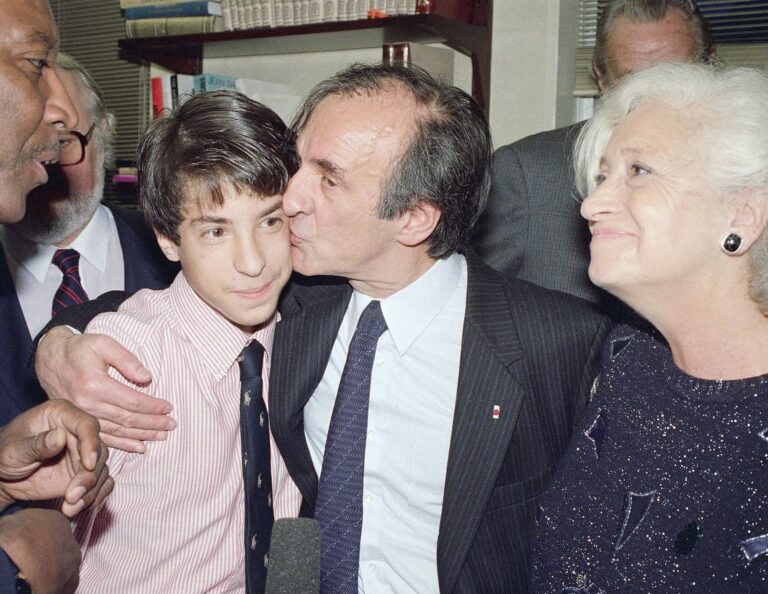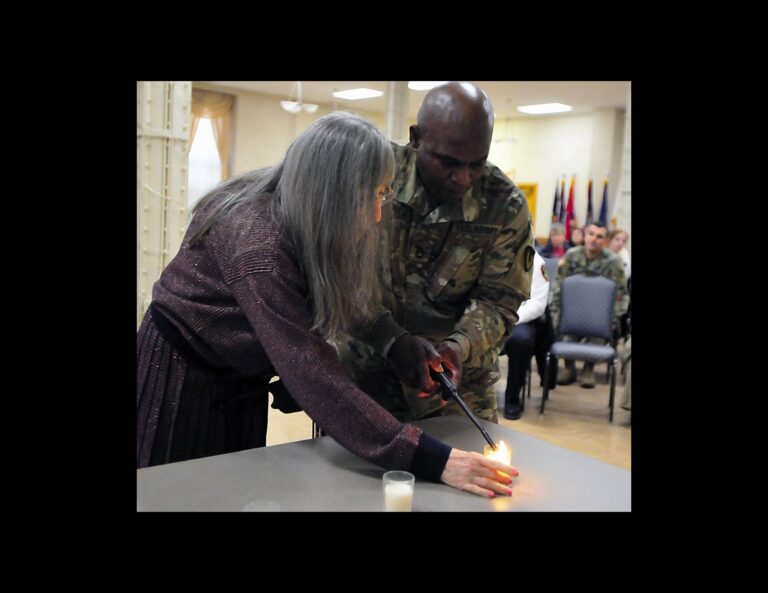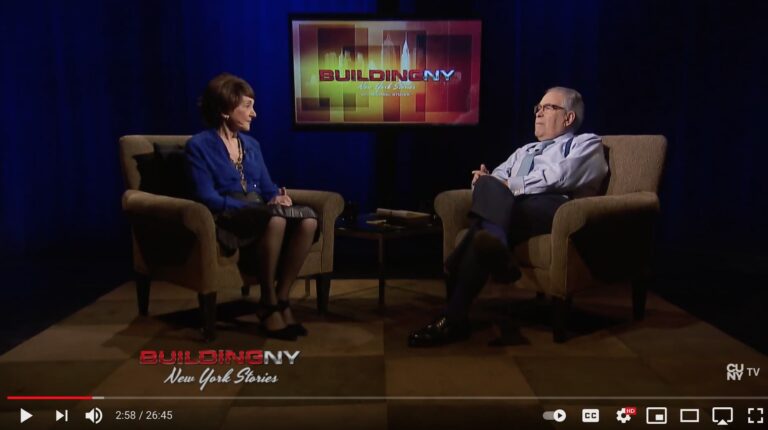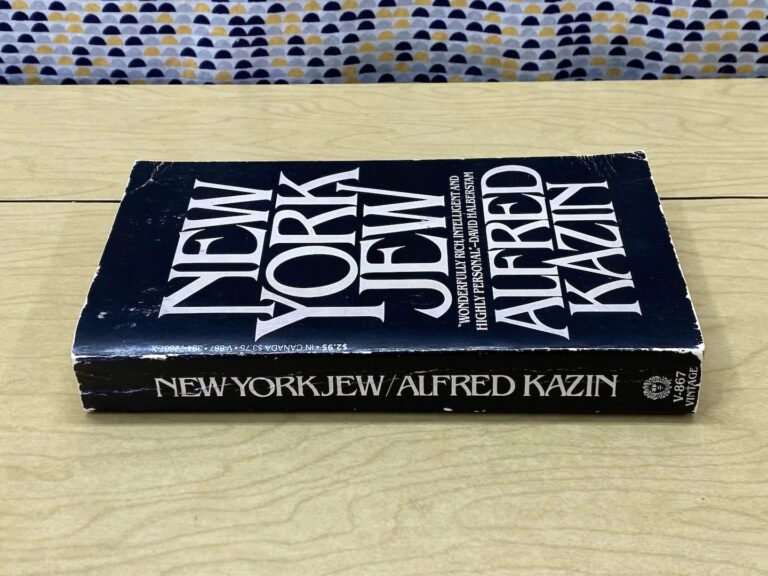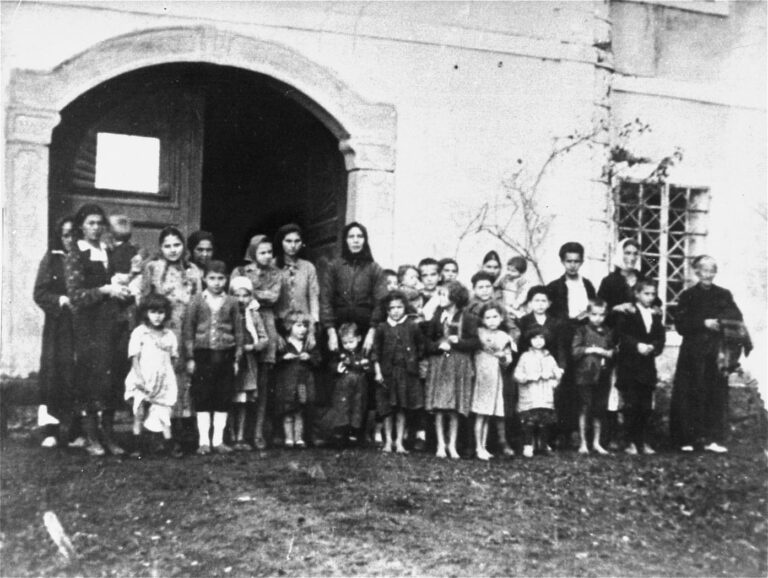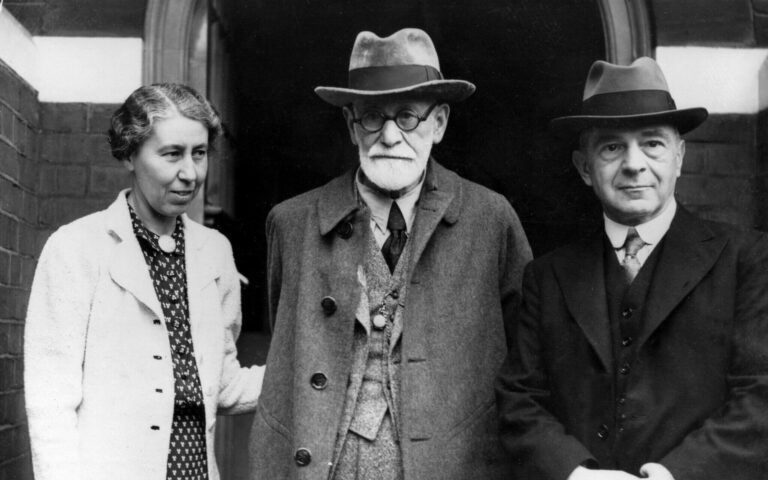Fogelman, E. (1976). Review of Lillith Magazine. Equinox, Dec., xx.
Fogelman, E. (1986). [Review on When Light Pierced the Darkness: Christian Rescue of Jews in Nazi-occupied Poland, by Nechama Tec.] Jewish Telegraphic Agency, April.
Fogelman, E. (1988). [Review of Ann Frank Remembered by M. Gies with A. Gold]. Lilith, x, x.
Fogelman, E. (1989). Bearing the Burden. [Review Essay of Born Guilty by P. Sichrovsky] Readings, 4, (4), 22-25.
Fogelman, E. (1990). [Review Essay of Legacy of Silence Encounters With Children of the Third Reich by D. Bar-On] Forward, June 8, 11.
Fogelman, E. (1994, winter). The Hidden Children [Review of Howard Greenfeld’s book] The Hidden Child Newsletter. New York: Hidden Child Foundation / ADL.
Fogelman, E. (1996). In Extremis, How Morality Survives [Review on Facing the Extreme: Moral Life in the Concentration Camps, by Tzvetan Todorov], Boston Globe, Jan. 21, B20.
Fogelman, E. (1997). [Review of Children in the Holocaust and World War II: Their Secret Diaries ed. Laurel Holliday, Doors to Madame Marie by Odette Meyers, A Survivor’s Memoir: Ruth’s Journey by Ruth Glasberg Gold, and Rue Ordener, Rue Labat by Sarah Kofman.] Lillith, Spring.
Fogelman, E. (1997). [Review of The Cry of Mute Children: A Psychoanalytic Perspective of the Second Generation of the Holocaust by Kogan, I.] The Psychohistory Review: Studies of Motivation in History and Culture, 25, 2, 201-204.
Fogelman, E. (1997). [Review of Hitler’s Willing Executioners by Daniel Goldhagen.] Clio’s Psyche.
Fogelman, E. (1999). Holocaust Saturation in America [Review on Americanization of the Holocaust by Peter Novick, Houghton Mifflin Company] Clio’s Psyche, 6, 3, 97-99.
Fogelman, E. (2000). What Turns Children Into Killers? [Review on Cries Unheard: Why Children Kill: The Story of Mary Bell by Gitta Sereny, Metropolitan Books Henry Holt and Company] Congress Monthly, 67, 1, 19-20.
Fogelman, E. (2003). [Review of The Hidden Life of Otto Frank by Carol Ann Lee.] Moment Magazine.
Fogelman, E. (2004). [Review of Philosemitism: Admiration and Support in the English-Speaking World for Jews by Rubinstein, W.D. & H.L.] Holocaust and Genocide Studies, 18, 5, 328-330.
Fogelman, E. (2009). [Review of Sister in Sorrow: Life Histories of Female Holocaust Survivors from Hungary by Ilana Rosen]. Nashim: A Journal of Jewish Women Studies and Gender Issues, Fall, 18, 249-253.
Fogelman, E. (2010). Saviors at Nazi Ground Zero: Remembering the Good Germans [Review of Saviors in the Night]. Forward. 22 January, Arts & Culture, 1.
Fogelman, E. (2012). [Review of Alice’s Piano: The Life of Alice Herz-Sommer by Mellisa Müller and Reinhard Piechocki] Lillith 37, 3, 40-41.
Fogelman, E. (2012). [Review of In Darkness] Forward, Arts &Culture
Fogelman, E. (2012). [Review of An Encounter with Simone Weil.] Forward
Fogelman, E. (2019). [Book Review F.S. Ouzan. How Young Holocaust Survivors Rebuilt their Lives: France, the United States and Israel. Bloomington: In 2018] In Hidden Child Foundation, xxvii, 31-32.
Fogelman, E. (2020). [Book Review. Ecologies of Witnessing: Language, Place, and Holocaust Testimony by H. Pollin-Galay] Contemporary Jewry.
Fogelman, E. (2024). [Book Review. Making Music Was The Best Revenge by Geddy Lee with Daniel Richler]. 18 Jun 2024. Moment Magazine.
Fogelman, E. (1977). Awareness Groups for Children of Holocaust Survivors. Jewish Advocate, Dec. 29, 3.
Fogelman, E. (1978). One Generation After. Baltimore Jewish Times, Apr. 28, 40-43.
Fogelman, E. (1982). The Responsibility of Remembering the Holocaust. Congressional Record, May 13, 57, E2247.
Fogelman, E. (1984). To the Promised Land: Who Shall Lead the Way? Jewish World, July 13-19, 16.
Weiner, V.L., Fogelman, E. & Cohen, S.P. (1985). Rescuers. Why Righteous Gentiles Risked Their Lives to Save Jews. National Jewish Monthly, 1, 16-19.
Fogelman, E. & Teicholz, T. (1985). Reconciliation for the Generation After the Holocaust. The Forward, May 24, 29.
Fogelman, E. & Weiner, V.L. (1985). The Few, the Brave, the Noble. Psychology Today, 19, (8), 60-65.
Fogelman, E. (1987). Overwhelming Subject ‘Shoah’. Dial Thirteen, Apr. 18-19, 45.
Fogelman, E. (1989). Forgotten Heroes: Rescuers of Jews During the Nazi Period. America, xx.
Fogelman, E. (1994, March). Rescuers of Jews During the Holocaust: A Model for a Caring Community. Tikkun, 9, (2), 61-64, 90.
Fogelman, E. (1994, Fall). Telling Your Grandchildren About the Holocaust. The Hidden Child Newsletter. New York: Hidden Child Foundation / ADL.
Fogelman, E. (2002). “Our Task: To Dignify the Lives of Survivors.” Sh’ma, June.
Fogelman, E. (2002). [Response: Transparency, Truth, and Restitution.] Sh’ma.
Fogelman, E. (2005). Holocaust Survivors Survive Hurricane Katrina. Together, October 24.
Fogelman, E. (2008). Third Generation Descendants of Holocaust Survivors and the Future of Remembering: What does it mean to be thrice removed from your family’s experience of the Shoah? Jewcy. Jewcy.com. 1 May 2008.
Fogelman, E. (2020). For Survivor Descendants, Past is Prologue. Jewish Week, May 12.
Fogelman, E., Patch, V., Binette, B., & Raynes, A. (1976). Systems Theory Applied to the Treatment of Heroin Addicts. Proceedings of the National Drug Abuse Conference.
Feierstein, J. & Fogelman, E. (1976). Notes on Jewish Feminist Journalism. Genesis, Oct., xx.
Fogelman, E. (1976). Anthology Focuses on Jewish Feminist Journalism. Genesis, Oct., xx.
Fogelman, E. (1978). Awareness Groups for Children of Holocaust Survivors. Shoah: A Review of Holocaust Studies and Commemorations, 4, 11.
Fogelman, E., & Savran, B. (1979). Therapeutic Groups for Children of Holocaust Survivors. International Journal of Group Psychotherapy, 29 (2), 211-235.
Fogelman, E. (1979). Organizations for Children of Holocaust Survivors. Shoah: A Review of Holocaust Studies and Commemorations, 4.
Fogelman, E. (1979). A Bibliography of Survivors and Their Children: Psychosocial Impact of the Holocaust. New York: National Jewish Resource Center.
Savran, B. & Fogelman, E. (1980). Psychological Issues in the Lives of Children of Holocaust Survivors: The Children As Adults. In L. Steinitz & D. Szonyi (Eds.), Living After the Holocaust. New York: Bloch Publishers, 146-156.
Fogelman, E. & Savran, B. (1980). Brief Group Therapy with Offspring of Holocaust Survivors: Leaders’ Reactions. American Journal of Orthopsychiatry, 50 (1), 96-108.
Savran, B. & Fogelman, E. (1981). Talking with Our Children About the Holocaust. In S. Strassfeld & E. Green (Eds.), The Jewish Family Book. New York: Bantam Books, 285-297.
Fogelman, E. (1984). An Affirmation of Life. In S.E. Bloch (Ed.), From Holocaust to Redemption: Bearing Witness. New York: The World Gathering of Holocaust Survivors, xxx-xxx.
Fogelman, E. (1984). Social Psychological Study of the Rescuers. Martyrdom and Resistance, Sept-Oct., x.
Fogelman, E. & Weiner, V.L. (1985). Genen Den Strom. Psychologie Heute, Nov., 29-31.
Fogelman, E. (1986). New York: American Gathering and Federation of Holocaust Survivors, xx-xx.
Fogelman, E. (1986). Special Organization Formed for Child Survivors. Together, 1, (2), 5.
Fogelman, E. (1987). The Rescuers: A Socio-psychological Study of Altruistic Behavior During the Nazi Era. Unpublished Doctoral Dissertation, City University of New York. (U.M.I. 300 Zeeb Rd. Ann Arbor, Mi. 48106 order no. 8801711)
Fogelman, E. (1987). Psychosocial Perspective of the Holocaust and its Aftermath. Together, x, (x), x.
Fogelman, E. (1988). Psychological Origins of Rescue. Dimensions, 3, (3), 9-12.
Fogelman, E. (1988). A Bibliography Psychosocial Impact of the Holocaust on Second Generation of Survivors. In H. Epstein Children of the Holocaust. New York: Viking, 346-355.
Fogelman, E. (1988). The Relationship Between the Rescued Jewish Child and Their Rescuer’s Children. In Remembering for the Future. London: Pergamon Press, 632-636.
Fogelman, E. (1988). Therapeutic Alternatives for Holocaust Survivors and Second Generation. In R. Braham (Ed.), The Psychological Perspectives of the Holocaust and of its Aftermath. New York: Columbia University Press, 79-108.
Fogelman, E. (1988). Intergenerational Group Therapy: Child Survivors of the Holocaust and Offspring of Survivors. Psychoanalytic Review, 75, (4), 619-640.
Fogelman, E. (1989). Group Treatment as a Therapeutic Modality for Generations of the Holocaust. In P. Marcus & A. Rosenberg (Eds.) Healing Their Wounds: Psychotherapy with Holocaust Survivors and Their Families. New York: Praeger Press, 119-133.
Fogelman, E. (1990). Teaching the Holocaust: Implications for Modern Religious Education. In K. B. Cully & I. V. Cully (Eds.) Harper’s Dictionary of Religious Education. New York: Harper and Row Publishers, 308-312.
Fogelman, E. (1990). Survivor Victims of War and Holocaust. In D. Leviton (ed.) Horrendous Death, Health and Well-being. Wash. D.C.: Hemisphere Press, 37-45.
Fogelman, E. (1990). Second Generation of Survivors. Encyclopedia of the Holocaust. New York: Macmillan Publishing Company.
Fogelman, E. (1990). In Search of Goodness: Finding and Recognizing Righteous Gentiles. Women’s American ORT Reporter, Spring, xx-xx.
Fogelman, E. (1990). Guest editor. Moral Courage During the Holocaust, Dimensions: A Journal of Holocaust Studies, 3. New York: Anti-Defamation League.
Szonyi, D. and Fogelman, E. (1990). The Rescuers’ Importance and Their Challenge, Dimensions: A Journal of Holocaust Studies, 5, 3, 3.
Fogelman, E. (1990). What Motivated the Rescuers? Dimensions: A Journal of Holocaust Studies, 5, 3, 8-11.
Fogelman, E. (1990-91). Jewish and Christian Migrations to American Cities During and After the Nazi Occupation. American Jewish History, 80, 2, 282-290.
Fogelman, E. (1992). Mourning Without Graves in A. Medvene (ed.) Storms and Rainbows: The Many Faces of Death. Baltimore: Lilith Press, 25-43.
Fogelman, E. (1992). Gruppenarbeit mit der Zweiten Generation von Holocaustuberlebenden in den USA in G. Hardtmann (Ed.) Spuren der Verfolgung: Seelische Auswirkungen des Holocaust auf die Opfer und ihre Kinder. Gerlingen: Bleicher Verlag, 102-118.
Fogelman, E. (1994). Introduction. In Fogelman, E. & Kestenberg, J. (Eds.) Children During the Nazi Reign: Psychological Perspective on the Interview Process. Greenwood Publishing Group Inc.
Fogelman, E. (1994). Effects of interviews with rescued child survivors. In Fogelman, E. & Kestenberg, J. (Eds.) Children During the Nazi Reign: Psychological Perspective on the Interview Process. Greenwood Publishing Group Inc.
Fogelman, E., Hogman, F. & Wallace, D. (1994). A follow-up study: Child survivor of the Nazi Holocaust reflect on being interviewed. In Fogelman, E. & Kestenberg, J. (Eds.) Children During the Nazi Reign: Psychological Perspective on the Interview Process. Greenwood Publishing Group Inc.
Fogelman, E. (1996). Conscience and Courage. In L. Kahn and R. Hager (Eds.) When They Came to Take My Father: Voice of the Holocaust, New York: Arcade Publishing, 40-41.
Fogelman, E. (1996). Victims, Perpetrators, Bystanders, and Rescuers in the Face of Genocide and Its Aftermath. In C.B. Strozier and M. Flynn (Eds.) Genocide, War and Human Survival, Lanham, Maryland: Rowman & Littlefield Publishers, Inc., 87-97.
Fogelman, E. (1996). Israeli Families. In M. McGoldrick, J. Giordano and J.K. Pearce (Eds.) Ethnicity and Family Therapy. New York: The Guilford Press, 638-645.
Fogelman, E. (1997). Immigrant Coping and Adaptation, Clio’s Psyche, 4 (3), 89-91.
Fogelman, E. (1997). Religious Transformation and Continuity: Between Two Religions. Hidden Child Newsletter, 7, 1, Fall/Winter, 3; 5.
Fogelman, E. (1998). The Rescuer Self. In M. Berenbaum and A. J. Peck (Eds.) The Holocaust and History: The Known, the Unknown, the Disputed, and the Reexamined. Bloomington and Indianapolis: Indiana University Press in association with the United States Holocaust Memorial Museum, 663-677.
Fogelman, E. (1998). Group Belonging and Mourning as Factors in Resilience in the Second Generation of Holocaust Survivors, Psychoanalytic Review, 85 (4), 538-549.
Fogelman, E. (2001). Coping with the Psychological Aftermath of Survival and Extreme Trauma. In M. Rosensaft (Ed.) Life Reborn: Jewish Displaced Persons 1945-1951. Washington, D.C.: United States Holocaust Memorial Museum, 89-96.
Fogelman, E. (2001). Exploding Psychological Myths about Generations of the Holocaust in Israel and North America. In J. Roth and E. Maxwell (Eds.) Remembering for the Future: The Holocaust in an Age of Genocide. Hampshire, England, 93-107.
Fogelman, E. (2001). Introduction: Transforming a Legacy of Loss. In M. Weisel (Ed.) Daughters of Absence: Transforming a Legacy of Loss. Sterling, Virginia: Capital Books, xxiv-xxxv.
Fogelman, E. (2001). Adult Offspring of Holocaust Survivors as Moral Voices in the American Jewish Community. In A.L. Berger and N. Berger Second Generation Voices: Reflections by Children of Holocaust Survivors and Perpetrators. Syracuse, New York: Syracuse University Press, 208-226.
Fogelman, E. & Bass-Wichelhaus, H. (2002). The Role of Group Experiences in the Healing Process of Massive Childhood Holocaust Trauma. Journal of Applied Psychoanalytic Studies, 4, 1, 31-47.
Fogelman, E. (2002). A 10th-Year Follow-Up to the First International Gathering of The Hidden Child. The Hidden Child Newsletter, XI, 1, 3; 6; 8.
Fogelman, E. (2003). Jonathan Rosen. In S.L. Kremer (Ed.) Holocaust Literature: An Encyclopedia of Writers and Their Work, II, 1011-1013.
Fogelman, E. (2003). Joseph Berger. In S.L. Kremer (Ed.) Holocaust Literature: An Encyclopedia of Writers and Their Work, I, 141-143.
Fogelman, E. (2003). Julie Salamon. In S.L. Kremer (Ed.) Holocaust Literature: An Encyclopedia of Writers and Their Work, II.
Fogelman, E. (2006). Forward. Love After Auschwitz. The Second Generation In Germany. Grünberg, K. New Brunswick, NJ: Transaction Publishers.
Fogelman, E. (2007). On Blaming the Victim. In Mais, Y. (Ed.) Daring to Resist: Jewish Defiance in the Holocaust. New York: Museum of Jewish Heritage—A Living Memorial to the Holocaust, 134-137.
Fogelman, E. (2007). Holocaust Child Survivors Reflect on Their Past and its Implications for the Present and Future. Psychoanalytic Perspectives: A Journal of Integration and Innovation (Special Feature: Holocaust Child Survivor Roundtable—Part II), 5, 1, 35-43.
Fogelman, E. (2008). Holocaust Survivors and Their Children in America. In S.H. Norwood and E.G. Pollack (Eds.) Encyclopedia of American Jewish History. Santa Barbara: ABC CLIO, 224-227.
Fogelman, E. (2008). Gender as a Factor in Rescuers of Jews During the Holocaust. In Hertzog, E. (Ed.) Life, Death and Sacrifice: Women and Family in the Holocaust. Jerusalem: Gefen Publishing House, 243-256.
Fogelman, E. (2008). Psychological Dynamics in Aging Survivors of the Holocaust. Clio’s Psyche, 15, 3, 150-152.
Fogelman, E. (2008). Psychological Dynamics in the Lives of the Third Generation of Holocaust Survivors. The Hidden Child, Vol. XVI, 10-12.
Fogelman, E. & Sullivan, P. (2010). Through a Lens Darkly: Transference in Today’s Marriage. Clio’s Psyche.
Fogelman, E. (2010). Sexual Abuse of Jewish Women during and after the Holocaust: A Psychological Perspective. In S. M. Hedgepeth & R. G. Saidel (Eds.) Sexual Violence Against Jewish Women During the Holocaust. Waltham: Brandeis University Press/University Press of New England, 255-274.
Fogelman, E. (2011). Ideology and Individual Police Officers as Offenders, Resisters and Helpers During the Nazi Period in Germany. A. Pick & W. E. Mallach (Eds.) Ideologie und Individuum—Polizisten im Nationalsozialismus als Täter und Retter.
Fogelman, (2012). Rape during the Nazi Holocaust: Vulnerabilities and Motivations. In Rittner, C. and Roth J.K. Rape: Weapon of War and Genocide. St. Paul: Paragon House.
Rosensaft, J. & Fogelman, E. (2012). Art and the Transmission of Memory. In the work of L. Rosowsky Blood Memory: A View from the Second Generation. 4-7.
Chanes, J.A. & Fogelman, E. (2012). Anderson’s Inaccurate View of Freud’s Jewishness. Clio’s Psyche.
Fogelman, E. (2013). Boris Lurie Holocaust Survivor as Artist: From Mourning to Meaning. In Boris Lurie: The 1940s. New York: Boris Lurie Art Foundation, pp.1-11.
Fogelman, E. (2014). Mourning a Ghost: Challenge for Holocaust Child Survivors. In P. Chen, K.M. Sossin, R. Ruth (Eds.) Healing After Parent Loss in Childhood and Adolescence. New York: Rowman & Littlefield, pp. 201-217.
Fogelman, E. (2014) Guest Editor Clio’s Psyche Special Issue Psychology and the Holocaust, 21, 1.
Fogelman, E. (2015) Guest Editor Clio’s Psyche Special Issue II Psychology and the Holocaust, 21, 2.
Fogelman, E. (2015) Introduction Clio’s Psyche Special Issue II Psychology and the Holocaust, 21, 2
Fogelman, E. (2015). Afterword. In Schneider, M.T. Janusz Korczak: Sculptor of Children’s Souls. New York: Child Development Research and Wordsmithy, pp. 221-228.
Fogelman, E. (2014) Holocaust Denial & Challenges in Psychoanalysis of Second Generation. Clio’s Psyche , 21, 1, 44-49.
Fogelman, E. (2015). Terrorizing Women in the Holocaust, Clio’s Psyche, 22, 3, pp.164-168.
Fogelman, E. (2015). Rescuers of Jews during the Holocaust: Implications for Today. In C. Rittner (Ed.) Holocaust Education: Challenges for the Future. Greensburg, PA: Seton Hall University National Catholic Center for Holocaust Education, pp. 95-104.
Fogelman, E. (2016). Holocaust Child Survivors, Sixty-Five Years After Liberation: From Mourning to Creativity. In J. Milchik (Ed.), Jewish Families in Europe, 1939-Present: History, Representation, and Memory. Brandeis University Press, 2017, pp. 233-248.
Fogelman, E. (2017). Psychological Dynamics in Aging Survivors of the Holocaust. Kavod. Claimscon.org/issue/7/winter/2017/authors/
Fogelman, E. (2017). Second and Third Generation Confront Aging Holocaust Survivors. Annual Conference of the World Federation of Jewish Child Survivors of the Holocaust and their Descendants. Jerusalem, Nov. 5-8, 2017.
Fogelman, E. (2017). Hidden Child Foundation/ADL Holocaust Commemoration: Twenty-Five Years Later. The Hidden Child, xxv, 28-30.
Fogelman, E. (2019). How the Holocaust and Feminism Led Me to Become a Psychohistorian. Clio’s Psyche, 26, 1, 21-26.
Fogelman, E. (2019). Resilience in the Lives of Traumatized Holocaust Child Survivors. The Hidden Child, xxvii, 16-20.
Fogelman, E. (2020). Second Generation Identity. In I. Brenner (Ed.) The Handbook of Psychoanalytic Holocaust Studies. London & New York: Routledge, 83-89.
Fogelman, E. (2020). Descendants of Holocaust Survivors: Myths and Realities. In O. Z. Soltes (Ed.) Immortality, Memory, Creativity, and Survival: The Arts of Alice Cahana, Ronnie Cahana and Kitra Cahana. New York: The Fritz Ascher Society, 137- 147.

